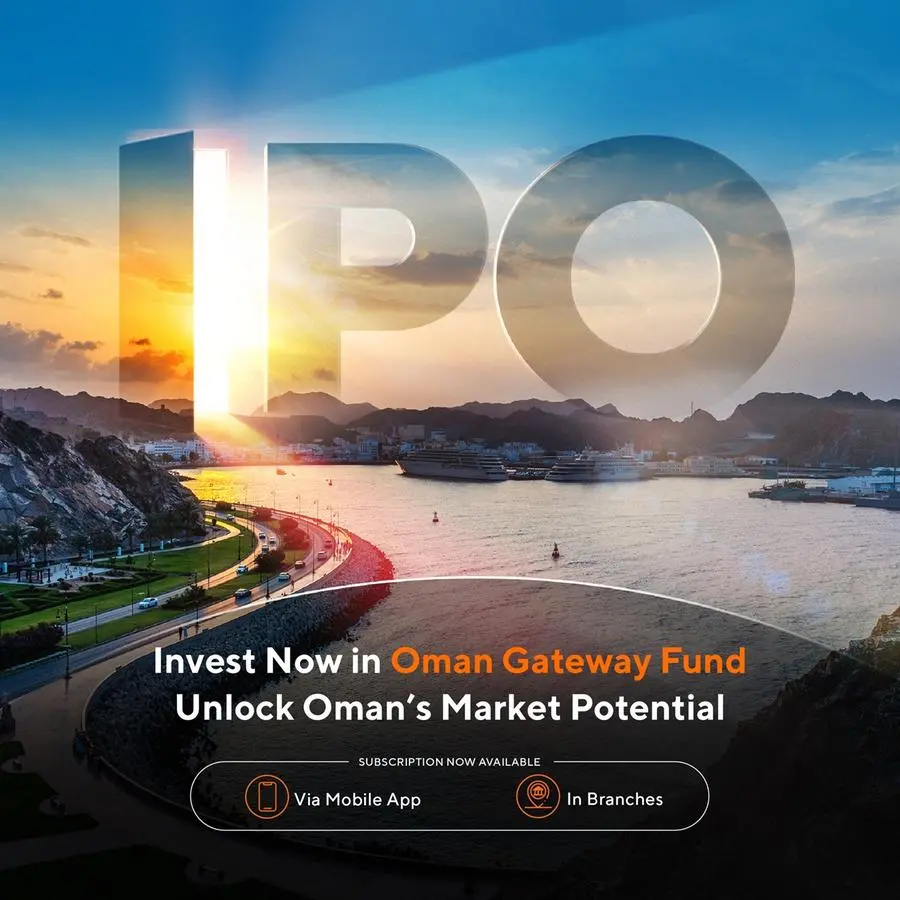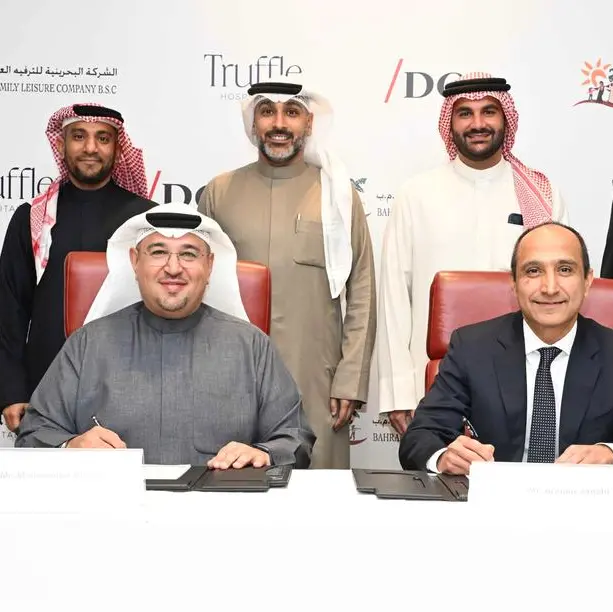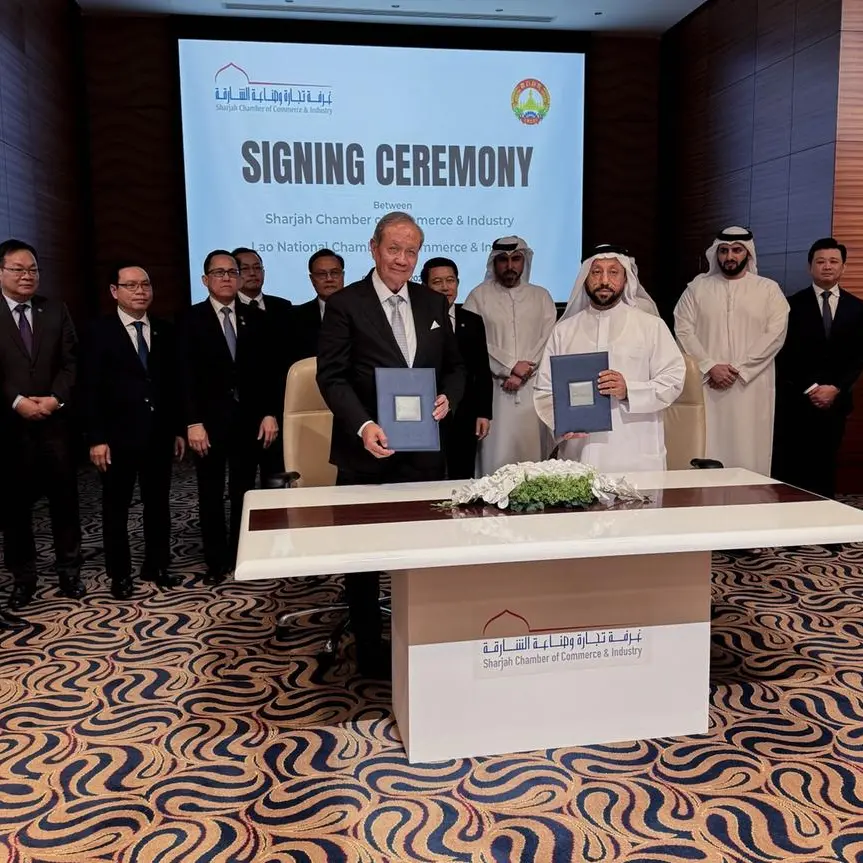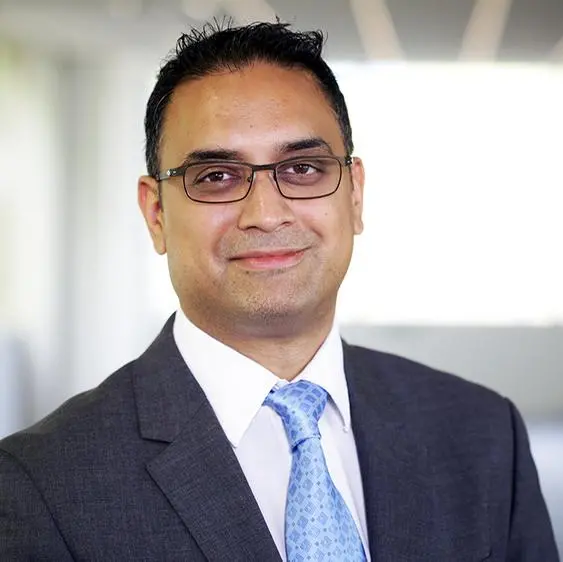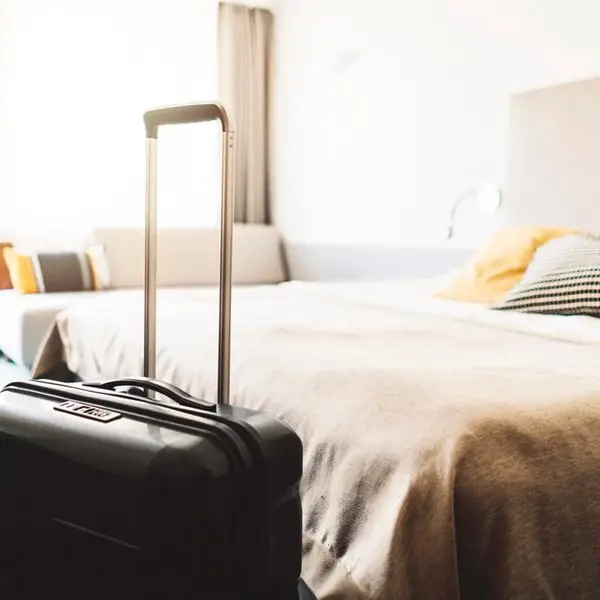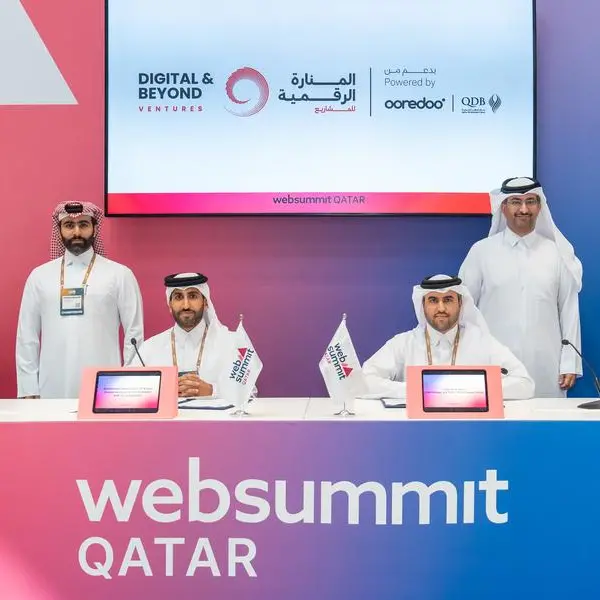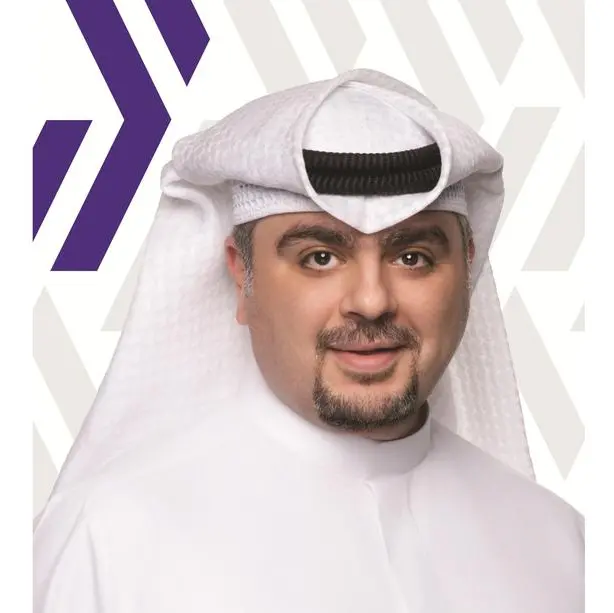In November 2021, Deaf Women Included (DWI) conducted community based surveys and mapping exercises in Hurungwe and Guruve districts. The aim of the survey was to map out the existing GBV and SRH services in the districts and assess the extent to which they are disability friendly and accessible as well as the extent to which the service providers understand disability inclusion in service delivery. This builds on the community dialogues with community leaders and women with disabilities that showed that women and girls with disabilities were failing to access some essential GBV and SRH services. In the two districts, DWI held Focus group discussions with the service providers and visited two GBV shelters located in Karoi (managed by FACT) and Chiweshe (managed by Musasa). The purpose of the visits to the shelter was to assess their accessibility to persons with disabilities (PWDs) who may require their services.
A total of 42 stakeholders were reached in this mapping exercise who include Victim Friendly Unit staff, staff from GBV Shelters, representatives from the ministry of women affairs and the ministry of social welfare as well as persons with disabilities. Findings from the mapping in the two districts indicated that cases of SGBV among women and girls with disabilities are rampant with GBV shelters indicating that they receive more cases yet the VFU indicated that there is still underreporting of cases involving persons with disabilities.
Communication barriers especially with the deaf was found to be a critical challenge in access to essential services for survivors of GBV. Most stakeholders indicated that they do not have staff equipped with basic sign language skills. A few staff from the VFU and Musasa who had received the training a few years back indicated that they are slowly forgetting as they have not had the exposure to constantly interact with the deaf community. One of the GBV service providers in Karoi indicated that “Persons with disabilities in our district are not happy, because there are no Sign Language interpreters in most of the GBV and SRH centers, most buildings are not accessible and staff is not disability friendly….”
DWI interacted with the staff at the Chiweshe shelter that is run by Musasa, from the engagement it was noted that staff still face challenges in offering counselling to women and girls with disabilities and in particular victims who are deaf. Women and girls who are deaf in the district indicated the need to have the shelter staff equipped with skills that can allow them to also offer services effectively to them. The shelter was commended by the OPD for having infrastructure that is accessible to persons with mobility challenges. DWI indicated that the presence of ramps around the shelter and the materials translated into braille is a positive step towards disability inclusion.
Through this mapping exercise, DWI managed to create a partnership with the Karoi shelter which is managed by FACT. Both the shelter staff and DWI coordinators have expressed a keen interest in having capacity building initiatives to ensure that services at the shelter become disability inclusive.
With the support of the Spotlight Initiative, Deaf Women Included in Phase 1 developed a guide on Mainstreaming Disability in the prevention and response to violence against women and girls with disabilities and during phase 2, DWI will utilise this tool to train community stakeholders and service providers on disability inclusive service delivery and ensuring that existing referral pathways become disability inclusive.
UNESCO Regional Office for Southern Africa is collaborating with Deaf Women Included under activity 3.2.6 on Promoting a culture of inclusivity for women and girls with disabilities into community-based Spotlight Initiative Programmes and address SGBV, SRHR, HP among women and girls with disabilities. Within phase 2, DWI is focusing more on strengthening community referral systems and capacitating GBV service providers and community stakeholders to ensure that they have adequate awareness on disability issues and are capacitated to meet the diverse needs of women and girls with disabilities thereby ensuring their inclusion in community based initiatives that address GBV and Harmful Practices.
Distributed by APO Group on behalf of United Nations Educational, Scientific and Cultural Organization (UNESCO).
© Press Release 2021
Disclaimer: The contents of this press release was provided from an external third party provider. This website is not responsible for, and does not control, such external content. This content is provided on an “as is” and “as available” basis and has not been edited in any way. Neither this website nor our affiliates guarantee the accuracy of or endorse the views or opinions expressed in this press release.
The press release is provided for informational purposes only. The content does not provide tax, legal or investment advice or opinion regarding the suitability, value or profitability of any particular security, portfolio or investment strategy. Neither this website nor our affiliates shall be liable for any errors or inaccuracies in the content, or for any actions taken by you in reliance thereon. You expressly agree that your use of the information within this article is at your sole risk.
To the fullest extent permitted by applicable law, this website, its parent company, its subsidiaries, its affiliates and the respective shareholders, directors, officers, employees, agents, advertisers, content providers and licensors will not be liable (jointly or severally) to you for any direct, indirect, consequential, special, incidental, punitive or exemplary damages, including without limitation, lost profits, lost savings and lost revenues, whether in negligence, tort, contract or any other theory of liability, even if the parties have been advised of the possibility or could have foreseen any such damages.
